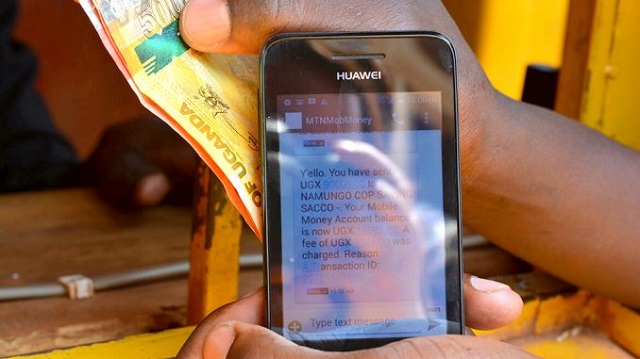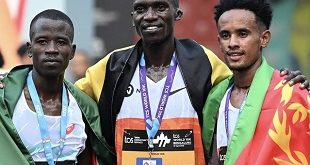
Kampala, Uganda | THE INDEPENDENT | The country might see the same confusion with money transfers as seen with relief food distribution to the vulnerable people during the initial countrywide lockdown instituted to halt further transmission of COVID-19, experts predict.
Following the new lockdown measures issued by the President on Friday, locking up transport and some businesses, the Office of the Prime Minister (OPM) announced on Sunday that they will be sending money to vulnerable groups to cater for their food needs for the 42 days that the country will remain under lock.
While modalities of how the exercise will be implemented are still pending, experts say they will face a challenge of identifying the right beneficiaries of the relief.
Nathan Isabirye, a research fellow based at the Makerere University School of Public Health told URN on Monday that while money would be ideal for the vulnerable poor to make independent choices on what foods they should eat, they are to face hurdles identifying the person in need.
He said while telecoms can provide some clue, majority of the people use two or more networks for their mobile money transactions something that risks double benefit for some at the expense of others.
Isabirye who did a study on the previous relief food distribution, its impact and lessons for the country says the fact that government used security operatives in distribution of food and using OPM as the sole source of food was all wrong.
Reports of misuse of funds for the food and poor quality food were reported both in the media and highlighted in the Auditor General’s report. They showed that items valued at Shs 55.8 billion which were distributed by OPM couldn’t be verified if they were actually purchased as they lacked receipts.
On her part, Agnes Kirabo, the Executive Director Nutrition Advocacy Organization Food Rights Alliance (FRA) has welcomed the change in strategy to allow people get cash but worries that the country operates without a vulnerability register which shows the number of people that are needy.
The risk of swindling the money has been redistributed from having a few individuals supplying substandard food and earning high from it, she worries.
Isabirye recommends using local council leaders to record phone numbers of family heads that can receive the mobile money.
However, OPM spokesperson Mucunguzi says details of implementation of the cash rations will be given after a meeting of the task force which will be held on Tuesday.
Before this meeting happens, Prime Minister Robina Nabbanja revealed that they are considering using both mobile money and voucher system for the vulnerable poor who don’t have registered phone lines. It has not yet been explained how the voucher system will work.
****
URN
 The Independent Uganda: You get the Truth we Pay the Price
The Independent Uganda: You get the Truth we Pay the Price




Jam also on 0758879213 j don’t have any thing to eat